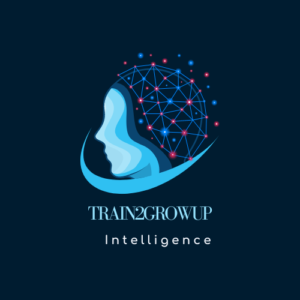Robotic Process Automation
Robotic Process Automation (RPA) is a technology that automates repetitive, rule-based tasks by using software robots, or “bots,” to mimic human actions within digital systems. RPA improves efficiency, accuracy, and productivity by handling tasks such as data entry, processing transactions, and managing records. It’s widely used across industries to reduce manual workload, lower costs, and allow employees to focus on more strategic activities.
Why Join this Program?
Automating Routine Tasks Data
Robotic Process Automation (RPA) equips you with the skills to automate repetitive tasks, increasing efficiency and accuracy in business processes.
Streamlining Business Processes
As organizations increasingly adopt RPA to enhance productivity and reduce costs, skilled professionals in this field are in high demand.
Power BI Advantages in Real-life
RPA is revolutionizing the way organizations operate by automating repetitive tasks, driving efficiency, and freeing up human resources for more strategic roles. Its impact is being felt across industries, making it a critical tool in the modern business landscape.
- Increased Efficiency
- Cost Savings
- Improved Accuracy
- Scalability
- Better Employee Satisfaction
- Quick Implementation
Power BI Program Details
Learners need to possess an undergraduate degree or a high school diploma. Additionally, a curiosity for data visualization and a desire to explore the applications of Power BI in data science is highly encouraged
Learning Path:
- To provide a comprehensive understanding of RPA, including its applications, benefits, and implementation strategies.
- IT professionals, business analysts, process managers, and anyone interested in automation and digital transformation.
- Overview of RPA, key concepts, and its role in digital transformation.
- Differences between RPA and other automation technologies.
- Hands-on training with popular RPA tools such as UiPath, Automation Anywhere, and Blue Prism.
- Understanding the features, capabilities, and use cases of each platform.
- Designing RPA workflows and processes.
- Developing bots for automating tasks such as data entry, data extraction, and report generation.
- Best practices for building scalable and efficient RPA solutions.
- Steps for implementing RPA within an organization.
- Integration of RPA with existing systems and software.
- Testing and deploying RPA bots in production environments.
- Cognitive RPA: Incorporating AI and machine learning for intelligent automation.
- RPA and Data Analytics: Using RPA to enhance data-driven decision-making.
- RPA Security and Governance: Ensuring compliance and protecting sensitive data.
Skills Covered
- Process Analysis and Mapping
- RPA Tool Proficiency
- Workflow Design
- Programming and Scripting
- Data Handling
- RPA Deployment and Management
- Error Handling and Exception Management
- Security and Compliance
- Project Management
- Cognitive RPA and AI Integration
- Testing and Quality Assurance
- Innovation and Continuous Improvement


